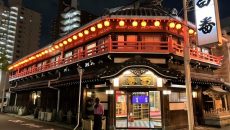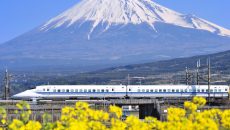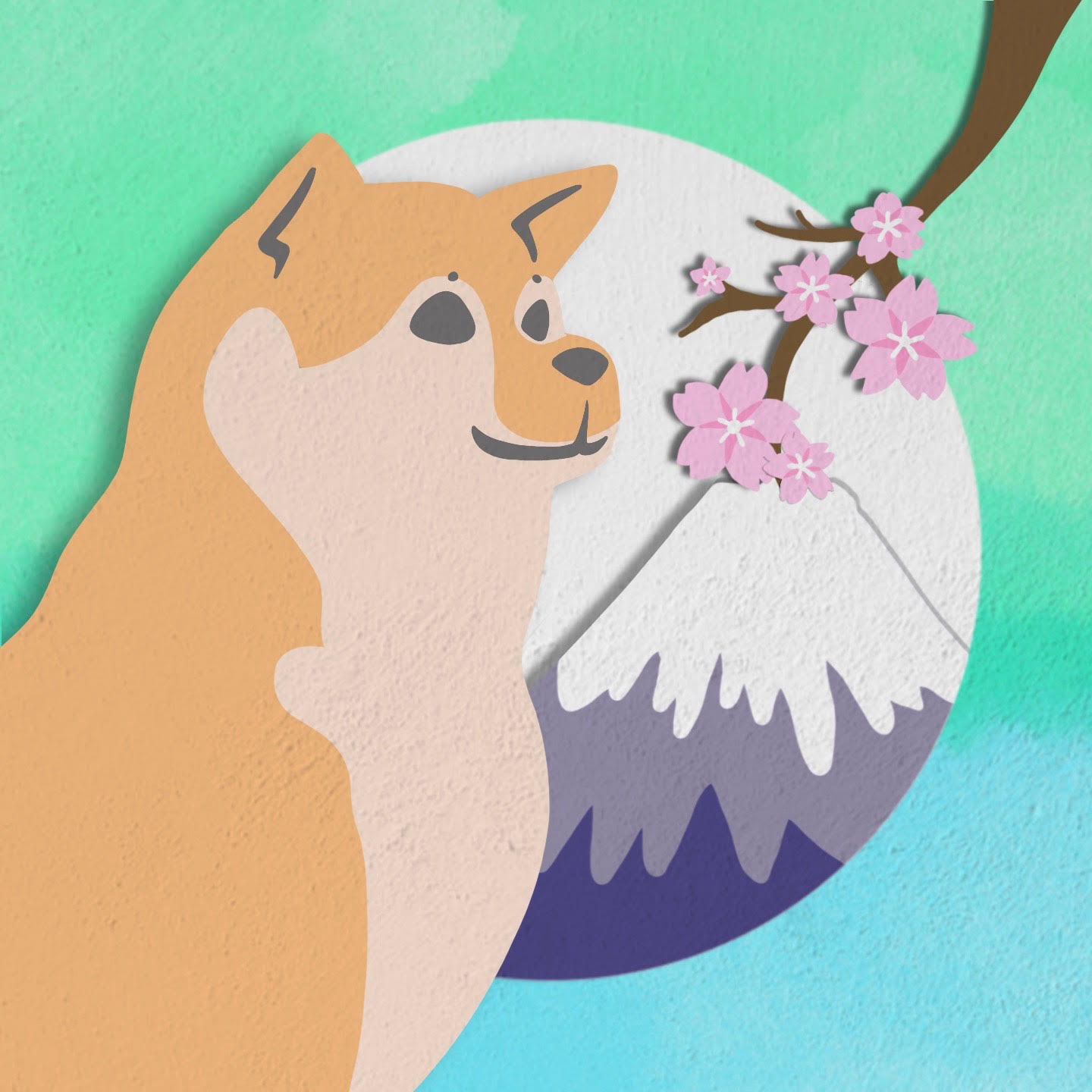With just a little bit of preparation, you can learn some basic Japanese phrases before you go to make your whole vacation smooth

Traveling in any new country for the first time is bound to be a little bit disorientating but at least you can usually rely on English being widely spoken in many foreign countries, right? Well, while that may be true for Japan to some degree, with lots of signs and text written in English, unless you’re in a busy tourist area, a lot of the locals don’t speak much English. Don’t despair though, with just a little bit of preparation you can learn some basic Japanese phrases before you go to make your whole vacation as smooth as a cup of hot sake on a cold winter’s day.
Most importantly to get you through your trip, you’ll want to be respectful to the locals and nothing says ‘respect’ like showing that you’ve taken the time to learn how to communicate (even just a little bit) in their native language. Here are some of the most basic and common phrases that’ll have the locals saying “日本語上手ですね!” (This is pronounced ‘Nihongo jyouzu desu ne’ and means ‘Your Japanese is really good!’).

‘Hello’ (there are 3 variations):
Good morning – おはようございます – O-hayou-gozai-masu
Good afternoon – こんにちは – Kon-nichi-wa
Good evening – こんばんは – Kon-ban-wa
Thank you – ありがとうございます – Ari-gatou-gozai-masu
Thank you for your hospitality – お世話になりました – O-sewa ni nari-mashita
After you – どうぞ – Dou-zo
Yes – はい – Hai
It’s OK – 大丈夫 – Dai-jyou-bu (‘OK’ is also a heavily used word in Japanese too if you just want to use that instead)
Shopping and eating out
At least 2 times a day you’re probably going to find yourself in one of Japan’s many high-rate restaurants or food establishments. Chances are though (especially in the smaller towns and cities), the staff will speak very little or no English. Of course, we can always rely on the universal human language of pointing and nodding but wouldn’t it be nice if you knew some words to make the whole experience a little less clunky? Don’t worry, I’ve got you covered:
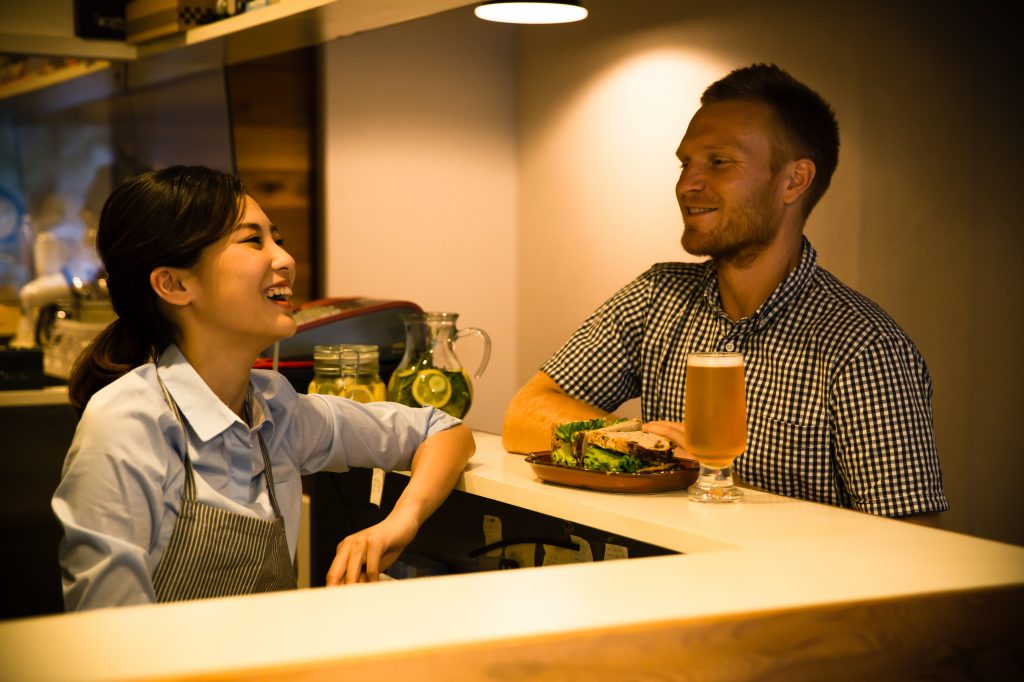
This – これ – Kore
That – それ – Sore
Please – ください – Kuda-sai
Excuse me! – すみません – Sumi-masen (it’s normal to call this out if you want to get the waiters attention)
Food – 食べ物 – Tabe-mono
Drink – 飲み物 – Nomi-mono
I want to order – 注文したい – Chuu-mon shi-tai
A lot of the words written above could also be used when you’re out and about shopping but there’s probably a few more that might be a bit more useful or relevant in this kind of situation.
I want to look (at a product) – 見たいです – Mi-tai desu
How much is this? – これはいくらですか? – Kore wa ikura desu ka?
I don’t need a bag – 袋はいりません – Fukuro wa iri-masen
Getting around
In the day and age of Google Maps, it’s very rare that you’ll be absolutely lost in an unknown city but cities in Japan like Tokyo, apart from being big, are very dense and finding entrances to places can sometimes be very difficult if you’re not one of the locals. This is one question you absolutely have to memorize to avoid situations like this:
(X) はどこですか?- (X) wa doko desuka?
This literally means, ‘where is (X)?’. Here’s a few more examples:
Where is the toilet? – トイレはどこですか? – Toi-re wa doko desu ka?
Where is the entrance? – 入り口はどこですか?- Iri-guchi wa doko desu ka?
Where is the ATM? – ATMはどこですか?- ATM wa doko desu ka?
I’m sure you get the idea, it’s pretty easy, right? Well, that’s only half of the interaction. What happens when the person responds with directions? Hopefully, they’ll cotton on and try to reply in slow basic phrases but here are some of the keywords you’ll want to listen out for:

Here – ここ – Koko
There – そこ – Soko
Right – 右 – Migi
Left – 左 – Hidari
Straight on – 真っ直ぐ – Masugu
Turn – 曲がる – Magaru
Cross (the road) – 渡る – Wataru
Go up (the stairs) – 上る – Noboru
Go down (the stairs) – 下る – Kudaru
Staying out of trouble
Japan has a famously low crime rate which means that the police are often left with a lot of free time on their hands. This can lead to a lot of people being stopped for minor infractions like J-walking or holding an umbrella whilst riding a bicycle (no, seriously). To avoid any unfortunate run-ins with the law, make sure you know the word ‘kinshi’ (禁止). It basically means ‘forbidden’ or ‘not allowed’ and can be seen attached to all kinds of different words to indicate that certain activities are not allowed. Here are some of the most common examples:
Do not enter – 立ち入り禁止 – Tachi-iri kin-shi
No photos – 撮影禁止 – Satsu-ei kin-shi
No parking – 駐車禁止 – Chuu-sha kin-shi
No littering – ポイ捨て禁止 – Poi-sute kin-shi
No smoking – 喫煙禁止 – Kitsu-en kin-shi
No rushing/running – 駆け込み禁止 – Kake-komi kin-shi
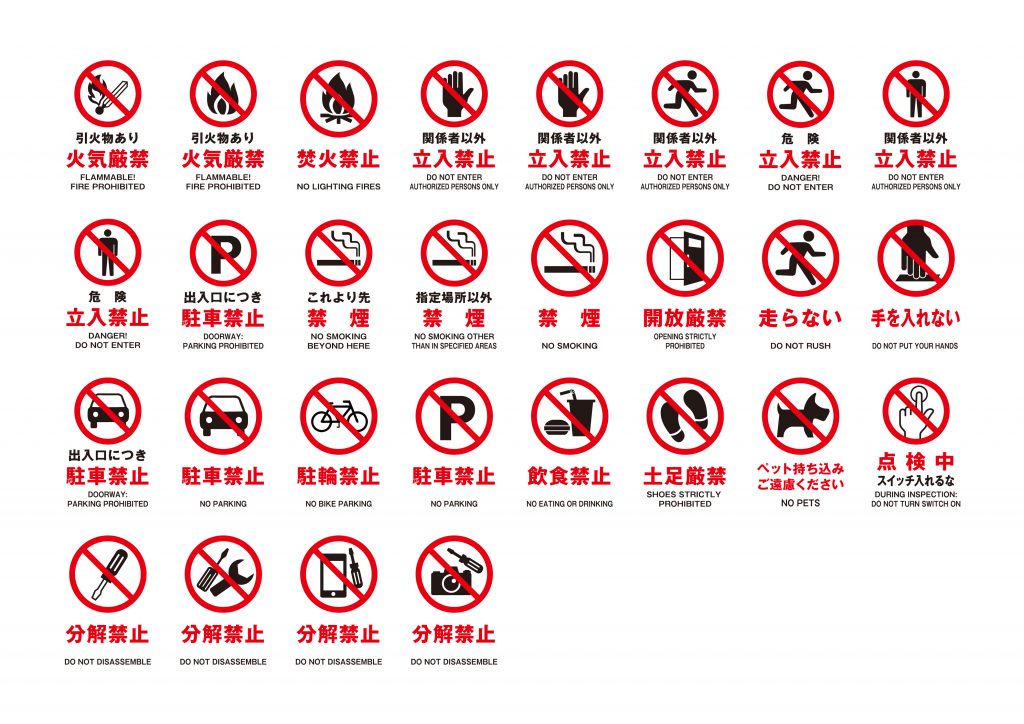
Less severe than 禁止 but probably more common is the word ‘Chuu-i’ (注意) which can mean ‘warning’ or ‘pay attention’. You see this word plastered all over places like train stations, near busy roads, on automatic doors & many other places where there’s a slight chance of injury if you’re not paying attention. If it’s a particularly precarious situation then 注意 might sound too calm, so instead you might see the word ‘ki-ken’ (危険) meaning ‘danger’. This is usually reserved for the most life-threatening situations though but as long as you pay attention and follow the signs and instructions, everything will be just fine!
To finish up, just remember that the most important thing is, don’t worry! No matter how much Japanese you learn before you go, you’ll no doubt run into communication troubles but that’s part of the fun! Just get out there and enjoy your time in Japan.
Related Articles
AI Girlfriends: Exploring the World of Virtual Companions
AI-generated girlfriends are growing popular on Japanese Twitter. Learn more about what they can do, and what it could mean for the future.
Discover Japan’s Top 10 Must-Visit Places
From stunning landscapes to bustling cities, Japan offers many unforgettable experiences. Here are Japan’s top 10 best places to visit!

